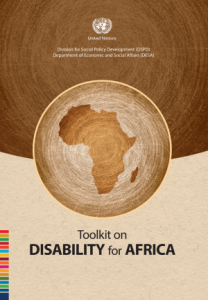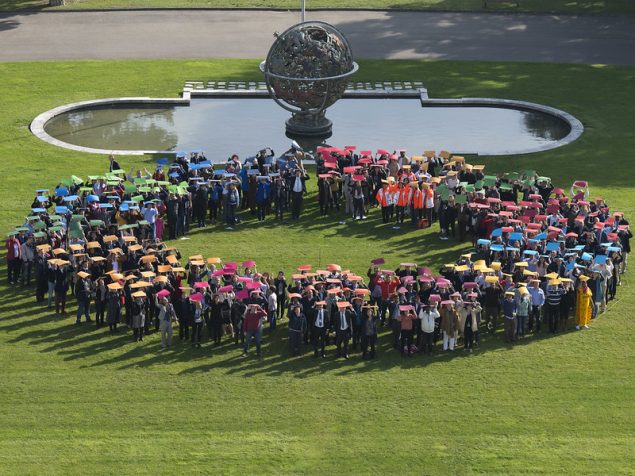Commemorative event: Entry into Force of the Convention on the Rights of Persons with Disabilities and Optional Protocol, New York, 12 May 2008
It is a great honour for UNESCO to address this audience on the occasion of the entry into force of the Convention on the Rights of Persons with Disabilities.
UNESCO has taken a great interest and active involvement in the development of this landmark Convention, in particular Article 24 on Education. Of the 72 million children that are out of primary school, estimates indicate that 30 to 40% are children with disabilities, most of them living in developing countries. This poses a significant challenge to the attainment of Education for All and the Millennium Development Goals.
The World Conference on Special Needs Education, convened by UNESCO in 1994, gave major impetus to inclusive education. The Conference asserted that, “the fundamental principle of the inclusive school is that all children should learn together, wherever possible, regardless of any difficulties or differences they may have. Inclusive schools must recognize and respond to the diverse needs of their students, accommodating both different styles and rates of learning and ensuring quality education to all.”
Article 24 of the Disability Convention further supports the development of inclusive quality education and promotes the right to education enshrined in Article 26 of the Universal Declaration of Human Rights, whose 60th anniversary we are celebrating this year.
Message from Mr Koïchiro Matsuura, Director-General of UNESCO [WORD]




